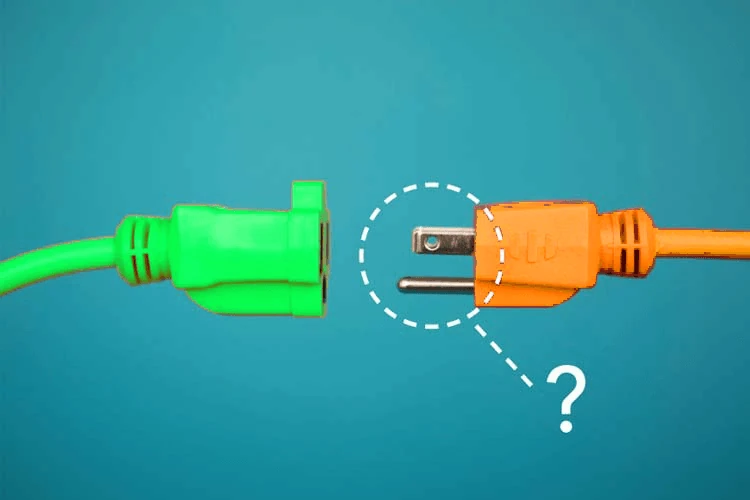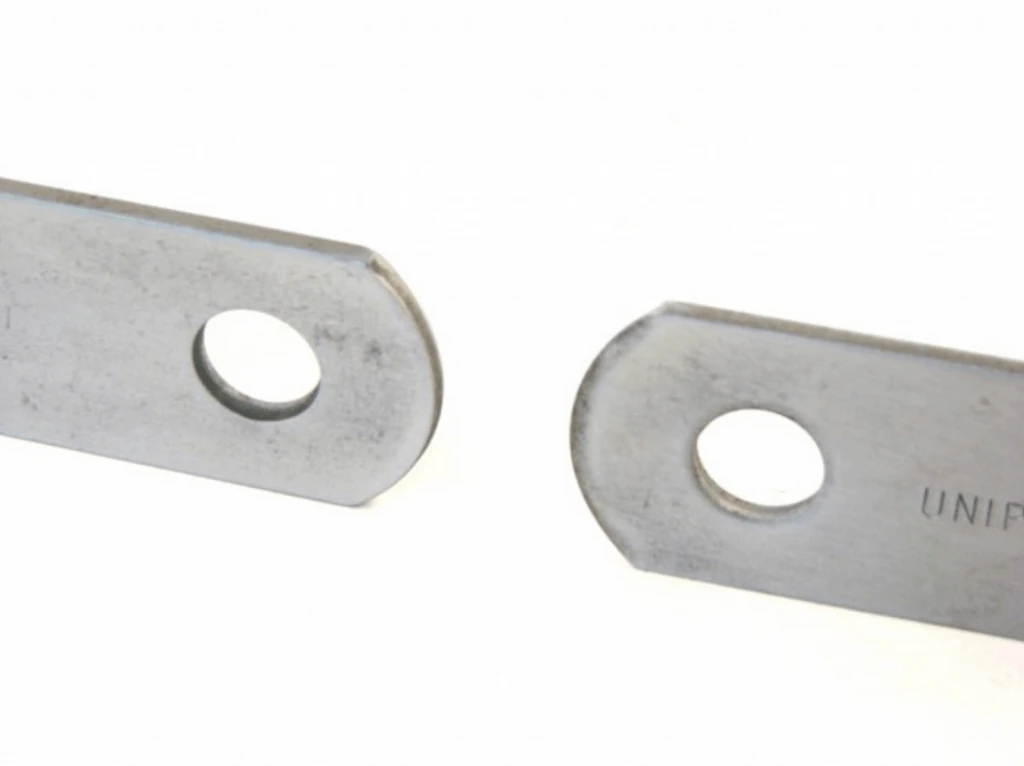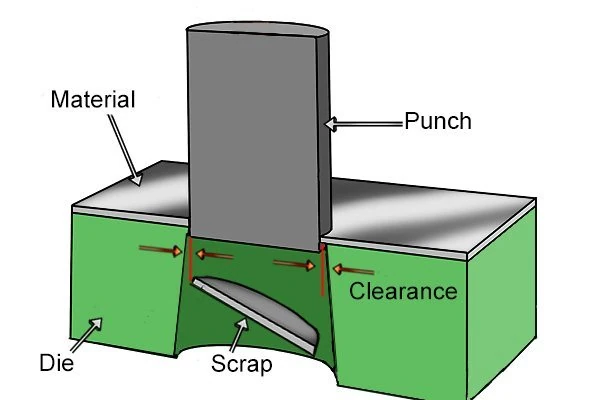Why Do Electrical Plugs Have Holes?

Ever wondered why electric plugs have hole in them? You might have often noticed that some of the electrical plugs have holes in them. Though at first sight it might look odd but it serves some important functions which we shall explore one by one.
Reason 1: Grip
The main purpose is to allow the outlet to firmly grip the plug to prevent it from coming lose and falling out of the socket. This works by having little bumpers installed inside the outlet that line up with and fit inside the holes on the prongs. This keeps the prongs secure inside the outlet, but with enough force the plug can still be removed.
Reason 2: For Ease of Connection

A secondary feature of the holes is that it allows you to wire 120V power directly to the prongs without using a traditional electrical outlet. If you, for some reason, needed to supply power to the appliance via direct wires, these holes would make the job a lot easier by allowing you to connect the wires directly to the prongs.
Reason 3: Safety Feature
The holes in the prongs allow a safety lockout tag to be attached by threading the tag leads through the holes. If the device is defective or faulty it cannot be plugged in with the tag attached. This is called a positive lockout and the only way a person could plug in the device would be by physically removing the danger tag.
Reason 4: Production Metal Saving

This reason is probably loved the most by the manufacturers. It’s because it ultimately saves them money by saving on raw materials. Just imagine the manufacturers who do mass production of these prongs will have a lot of little punch-outs which can ultimately be melted down and reused to make another set of prongs. It’s like for every 20 plugs that you make you will probably get another so to say “free” plug from that metal. It’s very similar to Dunkin Donuts “Munchkins” theory.
